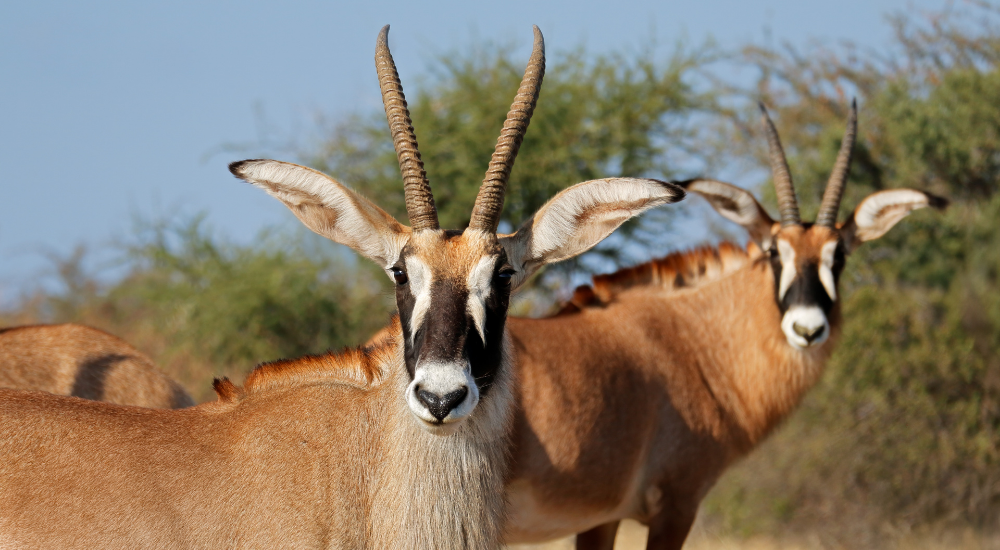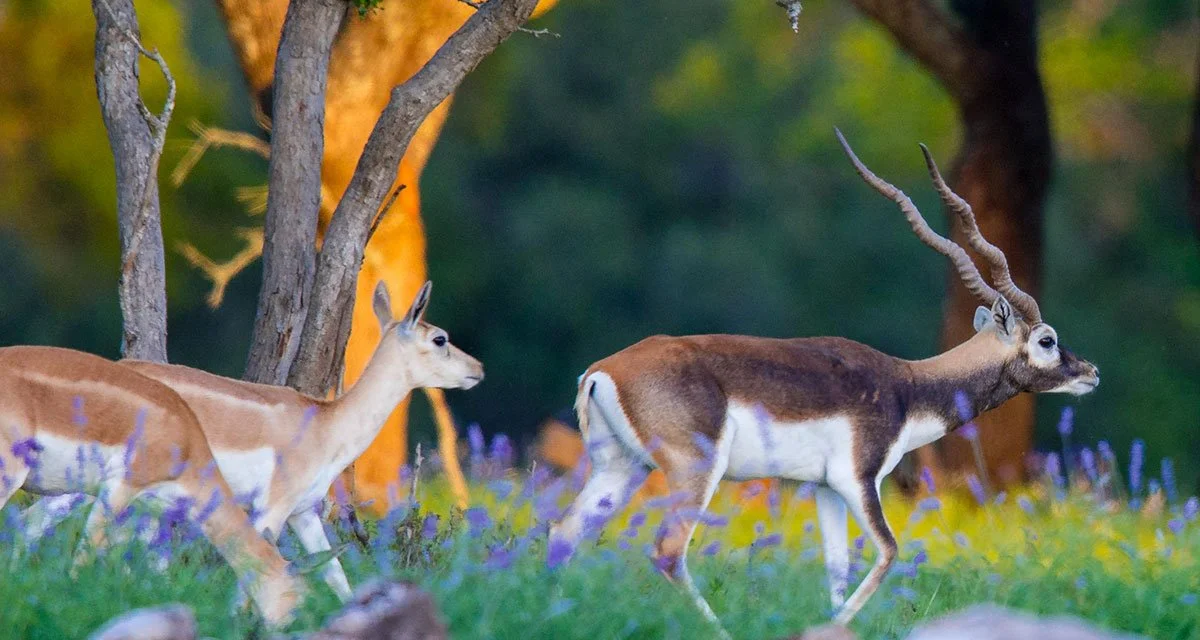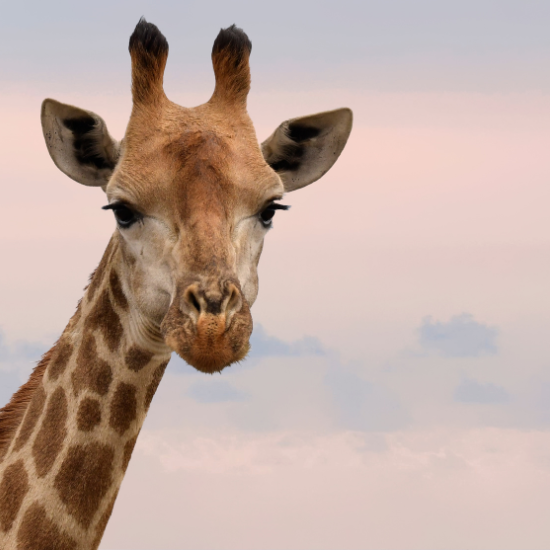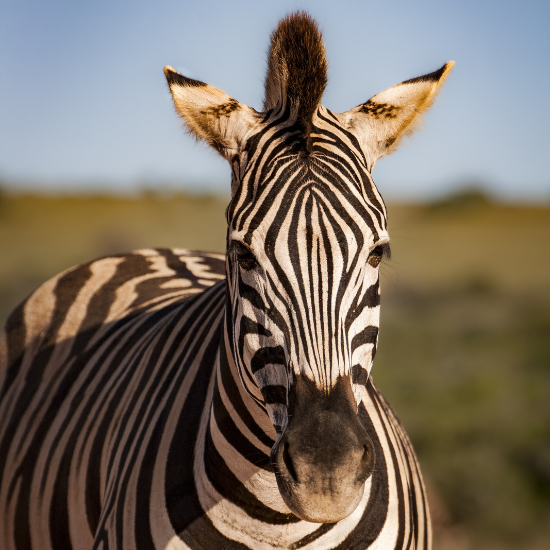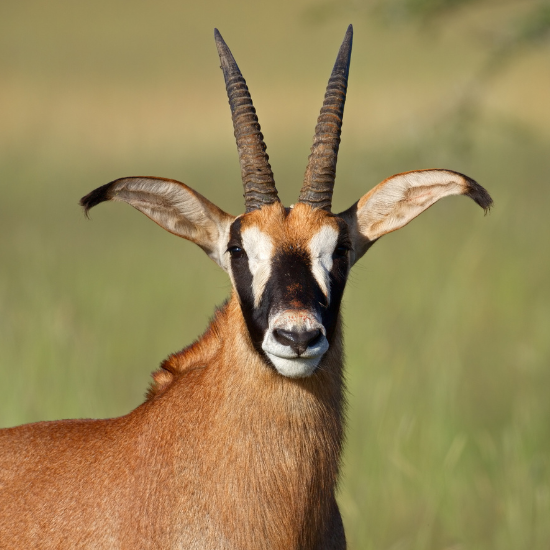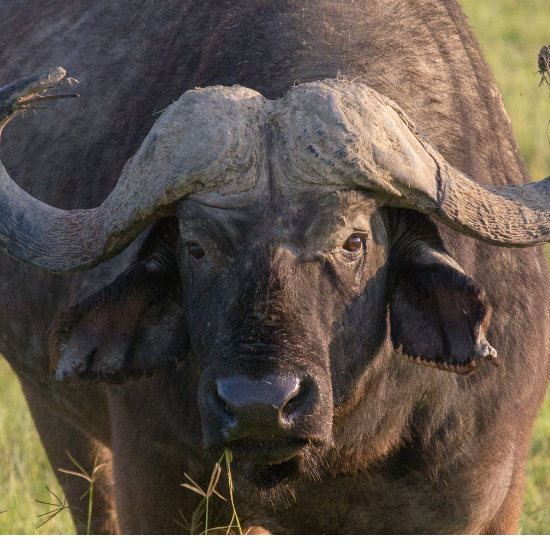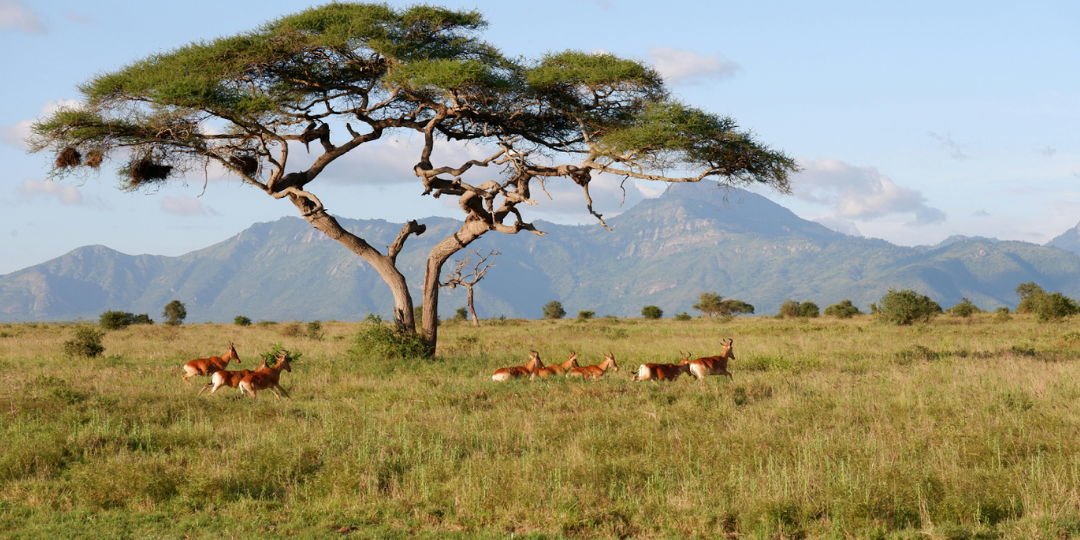
Exotic Wild Life Conservation Purpose-Driven Investing can play a role in portfolio diversification.
Wildlife conservation ranching allows individuals to support the protection and growth of exotic animal populations, often without the need to own land or manage operations directly.
The Exotic Wildlife Industry has deep roots, dating back to the 1920s when private landowners began introducing non-native species like the nilgai antelope to diversify land use and support species survival. By the 1960s, surplus animals from zoos, such as blackbuck, aoudad, and axis deer, found new life on USA ranches, giving rise to a conservation-driven breeding movement.
Today, this purpose-driven sector has grown into an estimated $1.3 billion industry, home to more than 5,500 exotic wildlife ranches and over 125 species, including animals listed as endangered or extinct in the wild.
How Wildlife Conservation Investments Work
Wildlife conservation supports the protection, care, and population growth of exotic animal species, especially those that are endangered or extinct in the wild.
Private breeding programs raise animals in spacious, professionally managed ranch environments. These operations play a role in global conservation efforts, while also helping preserve genetic diversity and expand sustainable herds.
Key Takeaways
Professionally Managed
No Land Ownership Required
Real Conservation Impact
Possible Tax Benefits
What you need to know:
Purpose-Driven
Supports endangered species
Tangible Assets
Own live, insured animals
Tax-Efficient:
Up to 90% depreciation in Year 1
Non-Correlated
Not tied to real estate
Legacy-Oriented
Can be passed to heirs
The Industry in Context
What began in the 1920s as a way to stabilize ranch income has grown into a powerful conservation tool.
Private U.S. ranches now help protect exotic species once found only in zoos or shrinking native habitats.
This industry now serves as a unique example of for-profit conservation, where the goals of preservation and economic return can align.
Exotic Species Snapshot
-
As the tallest land animal on Earth, giraffes are both majestic and meaningful. Once overlooked, their wild population has declined nearly 40% in recent decades. Carefully managed breeding programs in Texas help preserve their lineage while offering investors rare access to one of Africa’s most iconic species.
-
With impressive curled horns and ancient lineage, the mouflon is thought to be one of the two ancestors of all modern domestic sheep breeds. Breeding programs protect this rare heritage species and help preserve its genetic integrity.
-
Known for resilience and disease resistance, Grant’s zebras are well suited to managed ranching. Often undervalued due to their numbers, they’ve vanished from parts of their native range. Their adaptability makes them a valuable long-term asset in U.S. conservation herds.
-
One of the largest and most striking antelope species, roan are high-demand, mid-size game with powerful market value. Breeding these animals contributes to population growth and supports herd diversification.
-
Fierce, formidable, and rare in U.S. herds, Cape buffalo are highly prized for their strength and stature. Fewer than 15 Texas ranches house them, making ownership a true mark of distinction. Their presence also supports the long-term preservation of Africa’s ‘Big Five’ species.
Let’s Talk Conservation and What It Could Mean for You
This material is for educational and informational purposes only and does not constitute an offer or recommendation to buy or sell any securities or investment products. Offers can only be made through the confidential Private Placement Memorandum ("PPM"), which is available upon request and qualified in its entirety by the PPM. All offerings are subject to availability. Please read the full Private Placement Memorandum for a complete discussion of the business plan and risk factors of each offering prior to investing. Please speak with your CPA, attorney or financial professional for advice and guidance regarding your specific situation before investing.
Some investments such as Alternative investments and DSTs involve significant risks and may be illiquid, speculative, and suitable only for accredited investors.*
*Accredited investors are defined under SEC Rule 506 of Regulation D. Generally, an investor is deemed accredited if their net worth is greater than $1,000,000 exclusive of their primary residence and/or their annual income exceeds $200,000 for the current and past two years.
Click here to learn more.

